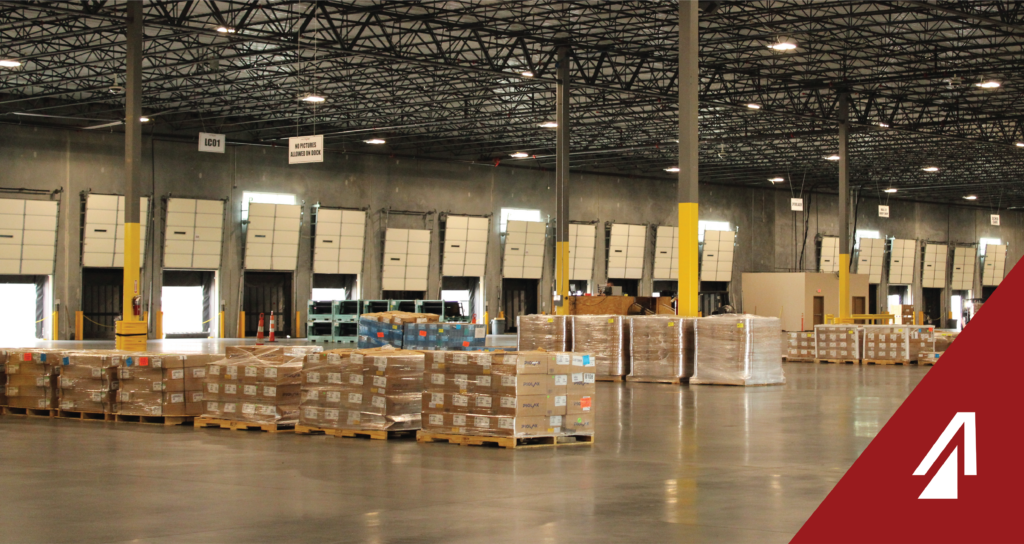Consolidation is a logistics process in which multiple less-than-full shipments from various shippers share cargo space in a single shipment for transportation purposes. Combining smaller shipments into one maximizes the use of space, lowers the number of individual shipments, and reduces costs throughout the supply chain. In turn, companies are able to take advantage of economies of scale and negotiate better rates with carriers for further savings.
Six Key Benefits to Consider
1. Cost savings:
Consolidating multiple smaller shipments into a larger one allows companies to take advantage of economies of scale. By reducing the number of individual shipments, companies can optimize trailer and cargo space utilization, reduce handling labor and expenses, and lower administrative costs, as managing fewer shipments requires less documentation, tracking, and transportation coordination. Consistent volume and reliable business in shipments are also more attractive to carriers, allowing companies to negotiate better rates, discounts, and other favorable terms.
2. Improved efficiency:
In addition to reducing the number of shipments and handling needs, consolidation improves visibility, allows for optimized route planning, and simplifies logistics operations. It helps minimize delays, increase load efficiency, improve transit times, and enhance overall supply chain efficiency. In turn, the ability to fill available cargo space more effectively reduces wasted space in transportation.
3. Reduced carbon footprint:
By consolidating shipments, companies can reduce the number of trucks or containers used for transportation, resulting in lower fuel consumption and emissions. This allows for more efficient route planning that minimizes distances traveled and reduces congestion and associated idling times. These efforts combined promote sustainability and contribute to environmental conservation. It also enables companies to prioritize environmentally friendly practices, such as utilizing low-emission vehicles or leveraging alternative fuels.
4. Enhanced inventory management:
Consolidation enables better control and visibility over inventory. It allows companies to monitor and manage stock levels more effectively, reduce stockouts, and improve inventory turnover. With a clear overview of inventory, companies can make informed decisions regarding stock replenishment, demand forecasting, and stock allocation. Streamlining order fulfillment and replenishment processes simplifies picking and packing processes, reduces handling time, enhances inventory turnover, and improves order accuracy.
5. Flexibility and scalability:
Shipping consolidation fosters better collaboration with suppliers and the flexibility needed to adjust shipment volumes based on demand fluctuations. Instead of managing individual shipments, companies can adjust the size and frequency of consolidated shipments based on demand patterns. It enables companies to scale their shipping operations and better meet customer needs without incurring significant costs or disruptions while utilizing resources more effectively.
6. Improved Customer Satisfaction:
Consolidation can also lead to more reliable and consistent delivery schedules, reducing the risk of delays or missed shipments. It enables companies to offer a broader range of delivery options, such as expedited or consolidation delivery, and to choose the most convenient, cost-effective shipping options for their needs. In turn, increased reliability enhances customer satisfaction and strengthens relationships with clients.
Overall, freight consolidation offers cost savings, increased efficiency, environmental benefits, and improved customer service, making it a valuable strategy for managing manufacturers’ supply chains.
ProTrans International is one of the leading consolidators handling Inbound to Manufacturing to, from, and within North America. Our billing approach results in companies paying only for the space used in a trailer or container, offering additional cost-saving opportunities. Contact us today to learn more about our approach to freight consolidation and the positive impact we can make on your overall transportation spend.



